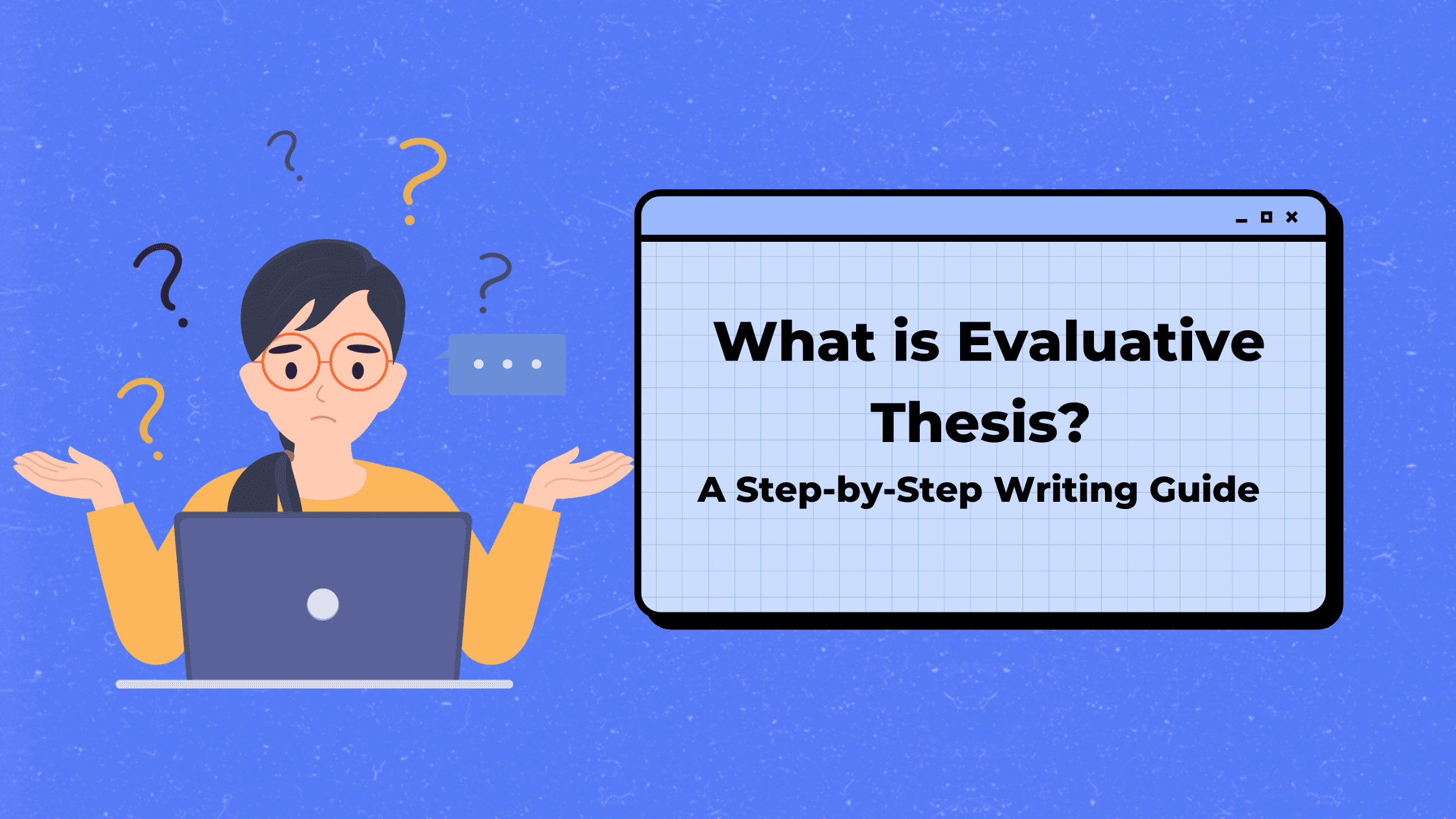What is Evaluative Thesis: A Step-by-Step Writing Guide
An evaluative thesis is a clear, reasoned judgment about the quality, value, or effectiveness of a work, idea, policy, or product. Unlike a purely descriptive statement, an evaluative thesis tells readers what you think and why — by announcing the criteria you use to judge and previewing the evidence you’ll rely on. This guide walks you through crafting an evaluative thesis that’s precise, defensible, and search-engine friendly.
Why an evaluative thesis matters
An evaluative thesis gives your essay direction. It signals to professors and readers that you’ve gone beyond summary: you’ve assessed, weighed criteria, and reached a reasoned conclusion. For research papers, reviews, or policy analyses, a sharp evaluative thesis is the backbone of persuasive, scholarly writing.
Step-by-step: how to write an evaluative thesis
- Choose a focused subject.
Pick a single text, policy, program, product, or claim. Narrow scope (e.g., the last season of a TV series, not the entire franchise) makes evaluation manageable and credible. - Decide your purpose.
Are you evaluating effectiveness, ethical implications, aesthetic quality, or practical value? Clarifying purpose helps you select the right criteria. - Select 2–4 clear criteria.
Criteria are the standards you use to judge. Make them specific and measurable (e.g., “historical accuracy,” “cost-effectiveness,” “clarity of argument,” “usability on mobile devices”). - Gather targeted evidence.
Collect examples, statistics, quotations, experiments, or user reviews that map directly to each criterion. Strong evidence ties the claim to observable facts. - Take a precise stance.
Your thesis should state your overall evaluation and hint at the reasons. Avoid vague praise or blanket condemnation. Use qualifiers when appropriate (e.g., “largely effective,” “not sufficiently”). - Compose the thesis statement.
Combine subject + evaluation + criteria + brief justification. Example template:
“[Subject] is [value judgment] because it [meets/does not meet] [criterion 1] and [criterion 2], as shown by [brief evidence].” - Anticipate counterarguments.
Acknowledge a major objection in one line, then show why your criteria or evidence remain convincing. This makes your thesis more defensible. - Revise for clarity and scope.
Trim vague language, ensure the thesis is arguable (not merely obvious), and confirm it fits the length and depth of your assignment.
3 sample evaluative thesis statements
- Literature: “While Jane Austen’s Persuasion excels in psychological realism, it falls short as social satire because it underuses ironic dialogue and relies on social resolution rather than social critique.”
- Policy: “The city’s new bike-share program is a cost-effective transit solution for central neighborhoods, but its limited night service and unequal station distribution undermine its broader equity goals.”
- Tech/Product: “The XYZ note-taking app delivers superior search and sync features, yet its steep learning curve and cluttered UI reduce usability for casual students.”
Common mistakes to avoid
- Vague criteria: Saying “good” or “bad” without saying according to what standard.
- Opinion without evidence: Unsupported claims read like impressions, not scholarship.
- Too broad a subject: Trying to evaluate an entire field or decade in a short paper.
- Confusing summary with evaluation: Restating content is not the same as judging it.
- Ignoring limitations: Presenting absolute claims without acknowledging counter-evidence weakens credibility.
Quick checklist (use before submitting)
- Is the subject narrowly defined?
- Did I name 2–4 clear criteria?
- Does each paragraph provide evidence for a criterion?
- Is the thesis statement specific and arguable?
- Do I acknowledge a reasonable counterargument?
- Is language precise and jargon-appropriate for my audience?
- Have I avoided simply summarizing the subject?
Final tips for stronger evaluative writing
- Use active verbs and precise nouns.
- Tie evidence directly to criteria—don’t make readers guess the connection.
- Keep your audience in mind: academic readers expect methodical reasoning and sources; general readers want clarity and examples.
- When in doubt, show the data: quotes, figures, timelines, or user experiences often clinch an evaluation.
Conclusion
An effective evaluative thesis says what you think, explains the standards you used, and previews the reasons you’ll provide. Follow the steps above—choose a focused subject, set clear criteria, gather evidence, take a precise stance, and revise—and your essays will be more persuasive, defensible, and useful to readers. Practice by rewriting three short evaluations (e.g., a movie, a policy, and an app) using the checklist until the structure feels natural.

